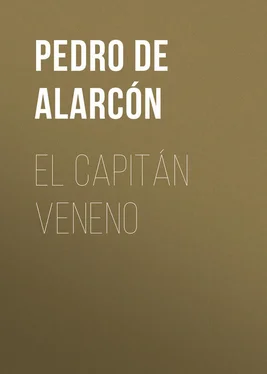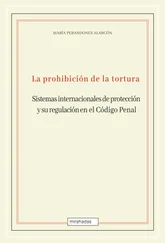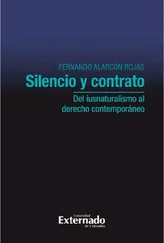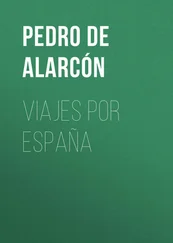Era de notar, It was noticeable : cf. es de ver, it is worth seeing .
el pícaro de D. Jorge, that rogue Don Jorge : so English, that dog of a landlord ; but Spanish uses a substantivized adjective so, e.g. la necia de mi tía, my silly aunt . Common.
que ha: after a relative the verb could be the first person he, as in older English (e.g. who art in heaven ).
por hacer, because it was .
Si fuera, If you were ( but you are not ) … habíamos, we should have to… . Note here and in the following two speeches the condition ( si-clause) and the conclusion (with the imperfect indicative or the conditional). Angustias: Si yo fuese hombre, me reiría… seríamos.El Capitán: siendo usted hombre, yo no llegaría… le propondría…So si fuese= si fuera= si era= siendo= a ser= de ser= si es, all forms the condition might take.
mocosilla, snotnose : Jorge is not trying to be elegant; not an uncommon word. Spanish uses a moco tendido, tragar saliva, and many such phrases that we avoid. Moratín (père) uses the word mocofreely. Victor Hugo calls the starry skies God's spittle .
puesta en sus puntos, very correct and proper , as though cut to a pattern.
hago: this is as near as Spanish comes to our do as an auxiliary. Agradecerand sonreírare infinitives in apposition with the phrase lo que yo hago, what I do: say thank you and smile . Cf. ¿Qué hizo? – Lo mismo que su merced: reírse a todo trapo. What did he do? – The same as you: laugh with all his might. Alarcón, La Buenaventura , p. 4.
cocodrilo, crocodile : the eager student can find abundant examples in Spanish (and English, too) where rhas changed its position in the word: bergante( brigand ), propósito( purpose ), corbata( cravat ).
respuesta no la: the pronoun is regularly given after a noun (object) standing before the verb; but cf. the rhetorical ¡Rubor me causa hablar…, It makes me blush to speak… , 97, 25.
mismísimos diablos: just a new kind of emphasis, not parlor language even in Spanish, where oaths are so common as to be largely colorless.
Conozco, I see , perceive : an inchoative here.
en mitadfor en medio, and so, like medio, it has no article. We meet mitad sordo, mitad artista, half deaf , half artist .
Casino de mi alma, my darling Casino : a parallel English (Irish) expression is Peg o' my heart .
deon account of días: noun needs debefore its descriptive infinitive; cf. noches de no dormir.
embozo, covers ( at the head ): cf. verb embozarse, to wrap up neck and face .
sobre otra( silla), on another ( chair ): not one leg over the other.
sillón-cama: the adjective element last, as in vagón-cama, bed-wagon , sleeping-car .
enfermos como los sanos, the sick the same as the well : the meaning and order for us is: the well the same as the sick .
confianza y benevolencia que ya le merecía, the confidence and goodwill which she ( la señora) had already won from him : verbs that formerly governed various cases have been leveled down to the construction of dar, and take a dative and an accusative (or direct and indirect object); so pagar, comprar, agradecer, oír( oírle las razones, hear his reasons ), llamar( llamarle la atención).
la, it : the usual feminine for our indefinite it : let it go ; now you've done it .
santa: euphemism again; the whole blessed night .
impenitente: the 10th edition has impertinente.
no… ya, no longer .
doblemos= volvamos, let us turn .
arrepentida, repentant : -idoforms often have -ing sense: dormido, sleeping ; colgado, hanging ; sufrido, patient ; callado, silent . The changed meaning is often only apparent, as in agradecido, grateful ; complacido, pleasant . Sometimes the sense is little different between the past and present participles, e.g. hung on the wall or hanging on the wall .
que le he oído cantar, I have heard you sing ; hacerme decir, make me say ; se dejó fusilar, let himself get shot ; notice that in the first, leis the object of oído; in the second, -meis the object of hacer; but in the last, seis the object of fusilar.
caramba: this is the commonest oath = heavens ; it expresses surprise or anger in various degrees, and often is virtually colorless.
Peripecia, Sudden Change in the Situation ; mudanza repentina de situación, Diccionario de la Academia .












